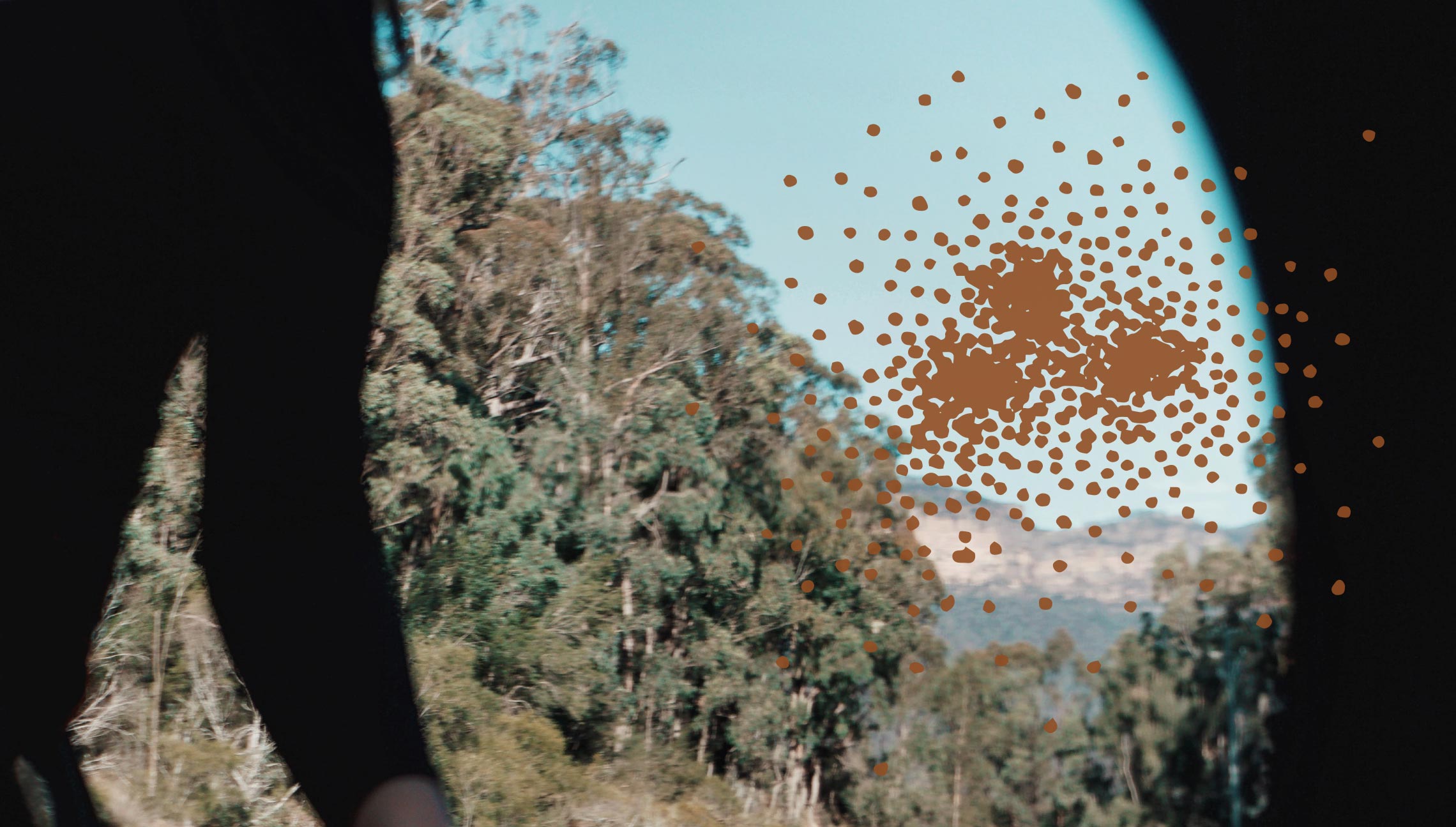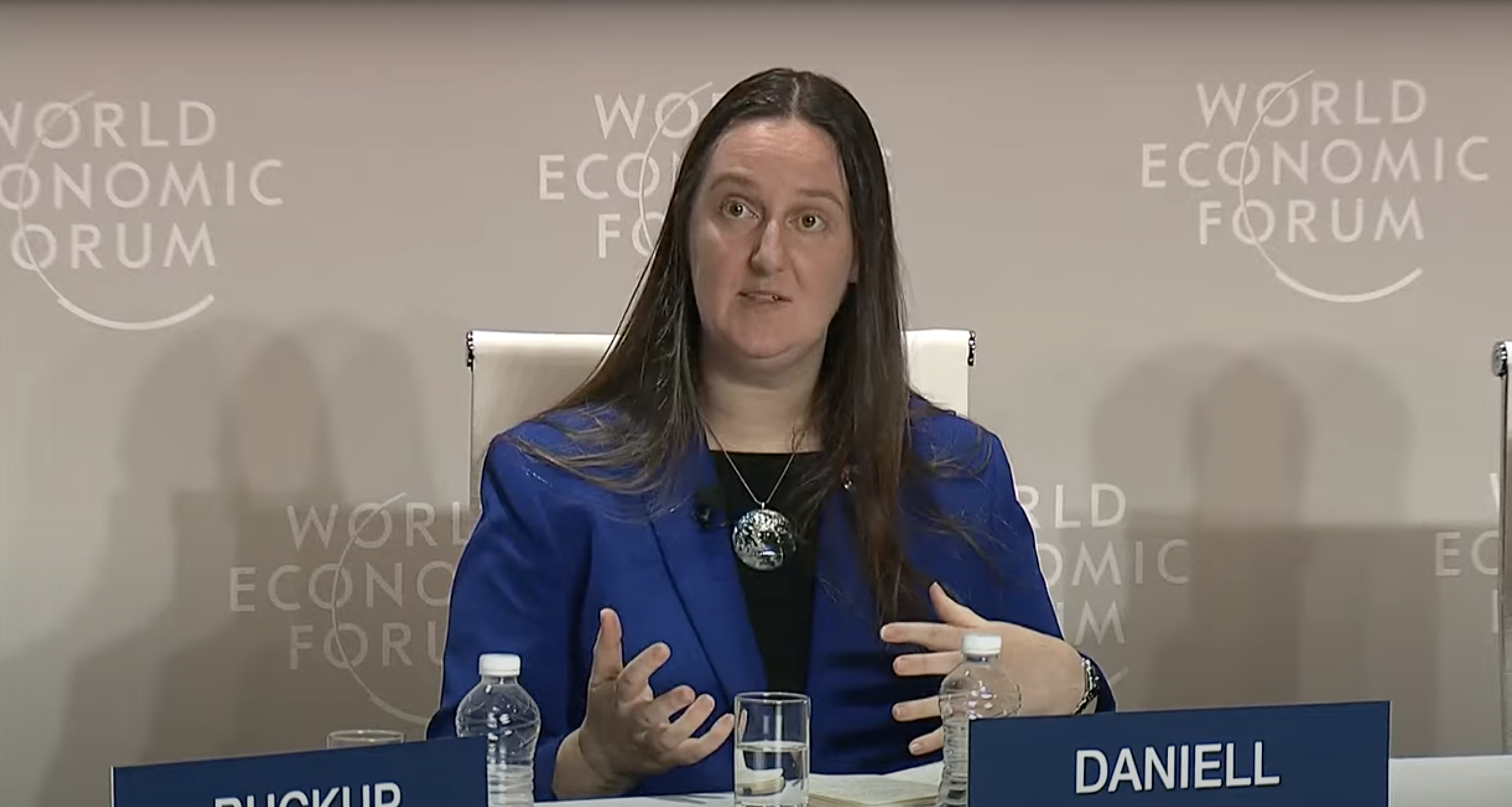From 25-27 June 2024, Professor Katherine Daniell, Director of the School of Cybernetics, attended the World Economic Forum’s (WEF) Annual Meeting of the New Champions 2024 in Dalian China.
By design, WEF takes a cybernetic approach to convening global conversations.
1500 high-level leaders from across governments, industry and entrepreneurship, academia and civil society are gathered in global meetings to foster “rigorous and respectful dialogue between and among leaders with different beliefs and viewpoints, where diversity of thought is respected and all voices can be heard”.
WEF Panels, workshops and fora are carefully curated to enable multiple perspectives and creative exploration of possible means of improving the state of the world. Innovation and collaboration to reduce inequalities, developing sustainable and vibrant economies and environments were core to this year’s ‘Summer Davos’ agenda.
Katherine spoke on the “Top 10 Emerging Technologies of 2024” report launch panel alongside Sebastian Buckup Member of the Executive Committee, World Economic Forum, Lee Sang-Yup from KAIST University, South Korea, and Frederick Fenter from Frontiers publishing.
Cybernetics and how it enables us to explore complex systems and their interconnections was highlighted throughout the panel as Katherine was asked to reflect on the relationships between some of the 10 emerging technologies and what potential we have to bring these together in different configurations and contexts.
She drew connections between climate change and AI systems contexts, with ‘elastocalorics’ and ‘AI for scientific discovery’: “Many of the technologies that we’re developing, they’re going to use increasing amounts of energy and water and so having these new forms of cooling systems and heating systems I think are going to be really important game changers.”
Diving into the AI tech stack, Katherine explored the potential benefits of ‘High Altitude Platform Stations’ to bridge the digital divide with internet connectivity in remote areas, as well as the environmental and social contexts of data, infrastructures and the algorithms they connect to: “If we’re going to develop new data centers, they’re likely to go in prime agricultural land; they’re likely to require a whole lot of water, energy systems.”
The complexities of technological development and how it can both minimise and exacerbate climate change, conflict over systems, and where we can look to make a difference was clear: “How are we developing these really complex, connected systems—and how are we helping the startup founders in their decisions every day to make very small adjustments, for example in their algorithms and in other things—that can make a really big difference to the overall situation.”
Katherine also called for attention on the ‘education imperative’ for all countries, organisations and individuals deploying new technologies, encouraging them to learn about these technologies, in order to make more informed decisions as they build them: “I think one of the really important things is helping the scientists and the people creating these technologies to act responsibly while they’re developing them.”
In response to audience questions, she provided examples of how novel configurations and connections between start-ups, international research laboratories, universities and governments can be used to train the researchers and entrepreneurs of the future who can help to more safely, responsibly and sustainably scale new technologies.
Cybernetics is an important tool for navigating major societal transformations. Find out more about the work our school does to use cybernetics to address our 21st century challenges on our website.

